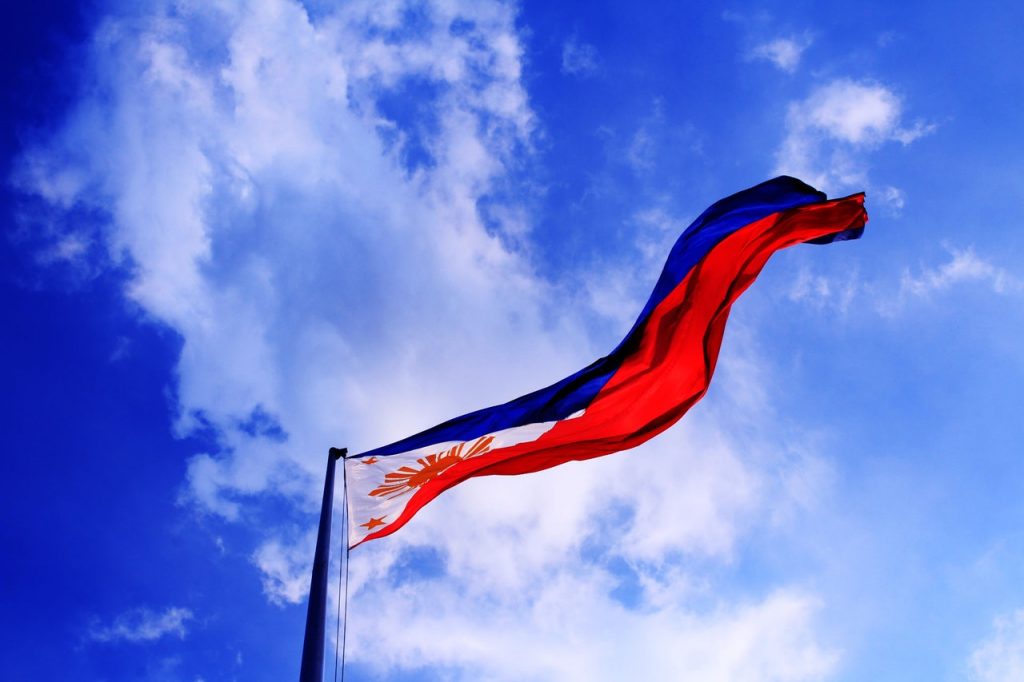News
UN, US commend PH for taking in Afghan refugees

MANILA – The United Nations High Commissioner for Refugees (UNHCR) and the United States on Friday praised the Philippines for opening its doors to refugees fleeing Afghanistan to escape the Taliban rule.
In a statement, the UN refugee agency said it would extend assistance to the Philippines and work with civil society partners to ensure the protection of the displaced individuals.
“The UNHCR deeply appreciates the Philippine Government’s continued commitment to upholding its humanitarian tradition of extending international protection to those who have been forced to flee,” it said in a statement. “UNHCR will work with the Philippine government and civil society partners to ensure the protection of displaced individuals, including their right to dignity and privacy during this challenging time.”
Some 550,000 Afghans have been internally displaced since the beginning of 2021, which increased by almost 20,000 since the Taliban seized Kabul on August 15, according to the UN refugee agency.
The UNHCR made a global call to ensure that those who have fled Afghanistan, especially women and children, are granted entry to all territories where they may apply for asylum regardless of their legal status.
“The Philippine government, as it has done on numerous occasions in the past, has been quick to express its openness to receive asylum seekers from Afghanistan. UNHCR Philippines lauds this prompt action and initiative to welcome forcibly displaced Afghan nationals,” it said in an August 19 statement.
UNHCR Philippines Head of National Office Maria Ermina Valdeavilla-Gallardo said the show of support from both the Philippine government and the Filipino people is “particularly generous and a true testament to our bayanihan spirit, which extends not only to our countrymen, but also to those seeking refuge from beyond our shores.”
The UN agency said it stands ready to provide technical assistance to the Department of Justice – Refugees and Stateless Persons Protection Unit in the processing of the asylum applications of the Afghans.
Meantime, US National Security Advisor Jake Sullivan conveyed Washington DC’s commendation during a meeting with Foreign Affairs Secretary Teodoro Locsin Jr. and Defense Secretary Delfin Lorenzana in the US.
On Wednesday, Locsin welcomed the Afghans to the Philippines, less than a month after Malacañang pledged to take in refugees after Taliban seized power in the south-central Asian nation.
The top diplomat, however, said no further information would be made public for the refugees’ safety and privacy.
READ: Safeguards in place for Afghan refugees: DOJ
The Philippines has a long history of extending aid to foreign nationals forced to flee from their home country.
Its open-door policy can be traced back at the end of World War I when the government welcomed the “White Russians” fleeing persecution from “Red Russians” or supporters of the Socialist Revolution of 1917.
This was followed by the arrival of 1,200 Jewish refugees escaping Nazi persecution in World War II; the Spanish republicans fleeing the end of the Spanish Civil War in 1939; Chinese immigrants evading the grasp of newly formed communist People’s Republic of China in 1940; and the Vietnamese “boat people” or refugees running from the Vietnam War.
Manila had also admitted Iranian refugees in 1979, Indo-Chinese refugees escaping regime changes in Laos, Cambodia and Vietnam in 1980, and East Timor refugees in 2000.
The country continues to uphold this humanitarian tradition as shown with the arrival of the initial batch of Afghan refugees to Manila and its willingness to host Rohingya refugees fleeing war and persecution in Myanmar.
In his first speech before the UN General Assembly in September last year, Pres. Rodrigo Duterte said the Philippines was willing to receive refugees, including the Rohingyas, and called on nations to “work together towards ending the conflicts and conditions that force people to flee their homes.”
At the 2019 Global Refugee Forum, the Philippines expressed its continued commitment to build better futures for refugees and displaced persons.





















